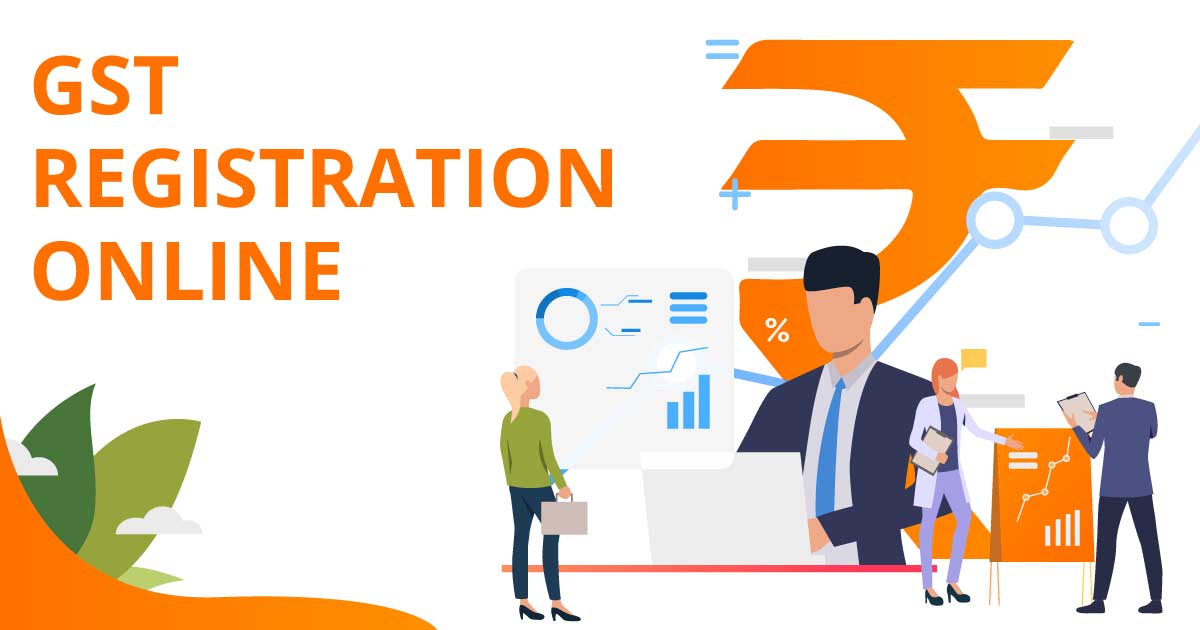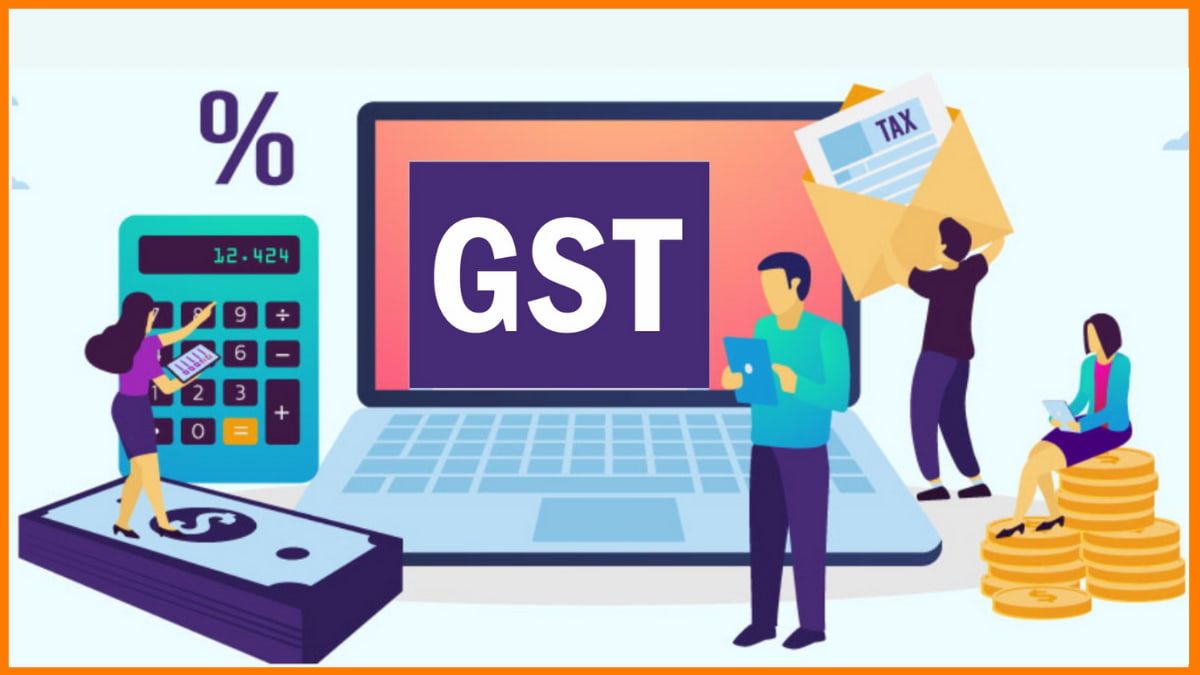Comprehending the Perks of the very best GST Registration Services in Singapore
Comprehending the Perks of the very best GST Registration Services in Singapore
Blog Article
From Beginning to Complete: The Ultimate Roadmap to GST Registration for Organizations Seeking Financial Security
Browsing the complexities of Goods and Services Tax (GST) enrollment is a vital step for businesses making every effort for economic security. Damaging down the roadmap right into workable steps can streamline the enrollment trip for services looking to boost their economic standing.
Comprehending GST Essentials
Digging right into the basic concepts of Product and Provider Tax Obligation (GST) is vital for acquiring a detailed understanding of its ramifications on companies and the economic climate. Input Tax Obligation Credit Score (ITC) is a significant attribute of GST, allowing companies to declare debt for tax obligations paid on inputs, lowering the overall tax obligation concern. Understanding the fundamentals of GST is critical for organizations to conform with tax regulations, manage their financial resources successfully, and contribute to the nation's financial development by taking part in a transparent tax obligation system.
Eligibility Standards for Enrollment
To sign up for GST, organizations need to satisfy details eligibility standards developed by the federal government. The main eligibility demand is that any kind of service associated with the supply of goods or services with an annual accumulation turn over over the threshold limit established by the authorities should register for GST. Since the current guidelines, the threshold limitation for GST enrollment is an annual aggregate turnover of 40 lakhs for services running within a state, besides unique group states where the limitation is 20 lakhs. In addition, particular organizations are required to register for GST regardless of their turnover, such as interstate distributors, casual taxed persons, and businesses responsible to pay tax under the reverse fee system. It is vital for companies to completely examine their turn over and purchase types to determine their GST enrollment responsibilities properly. Failing to register for GST when eligible can result in fines and legal effects, making it crucial for businesses to adhere to the specified eligibility requirements.
Files Needed for Enrollment
Having met the qualification requirements for GST enrollment, organizations have to now ensure they have the requisite records in area to continue with the enrollment procedure efficiently. The documents required for GST enrollment generally consist of proof of business constitution, such as partnership deed, enrollment certification, or unification certificate for various types of businesses. In addition, services require to offer click here for more info papers establishing the primary location of business, such as a rental arrangement or electrical power bill.
Step-by-Step Registration Refine
Starting the GST registration procedure includes visit this web-site a series of structured actions to ensure a smooth and compliant registration for companies. The primary step is to visit the GST site and fill in the enrollment kind with precise details of the organization entity. Following this, the applicant receives a Temporary Reference Number (TRN) which is used to return to the application procedure if it's not finished in one go.
Following, all needed papers as per the list supplied by the GST portal requirement to be submitted. These documents normally include proof of service identification, enrollment and address proofs of marketers, monetary declarations, and organization entity's frying pan card.

Post-Registration Conformity Standards

Verdict
Finally, businesses seeking economic security needs to recognize the basics of GST, satisfy eligibility requirements, gather essential documents, adhere to the detailed registration procedure, and abide by post-registration standards - Best GST registration services in Singapore. By sticking to these actions, services can guarantee compliance with tax guidelines and maintain monetary stability in the future
Furthermore, particular organizations are called for to register for GST regardless of their turn over, such as interstate vendors, casual taxable individuals, and companies accountable to pay tax obligation under the reverse charge mechanism.Having actually met the eligibility standards for GST registration, businesses need to now guarantee they have the requisite records in area to continue with the registration process successfully. The records needed for GST registration generally include evidence of service constitution, such as partnership deed, enrollment certificate, or incorporation certification for different kinds of services. In addition, services require to give records establishing the major location of organization, such as a rental agreement or electrical energy costs.Beginning the GST registration process involves a collection of organized actions to make certain a smooth and certified enrollment for companies.
Report this page